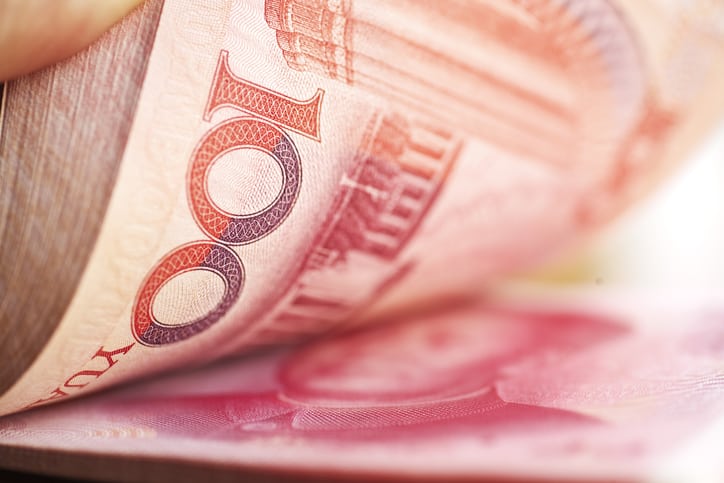China’s foreign exchange reserves increased more than expected in June, according to data from the People’s Bank of China on Monday.
The country’s foreign exchange reserves is the world’s largest, rising US$18.23 billion in June to US$3.119 trillion.
So far this year, China’s foreign reserves had only edged down slightly in only one month, which is April.
While China closely monitored capital outflow transactions, which helps explain the low net outflows so far this year, there are other reasons why, said ING’s Greater China Economist Iris Pang.
“The weak dollar is another reason,” ING pointed out. “This increases the USD holdings of other currencies and therefore raises the value of China's foreign reserves. This could be increased further as China has shifted to greater non-USD holdings in its FX reserves this year.”
A more important factor is the inclusion of China assets in global benchmark indices, according to her.
A-shares inclusion into MSCI; the first phase of A-share inclusion of FTSE Russell in late June; onshore bond inclusions into Bloomberg’s Aggregate Index; and China’s raised RQFII quotas (Renminbi qualified foreign institutional investment quotas) for foreign investors to invest directly into the onshore market have contributed to the net inflows, Pang said.
While the IMF estimated that equity and bond funds, passive and active, will create inflows of as much as $450 billion into China in 2019-2020—equivalent to 3% to 4% of GDP, Pang said that the above actions would make net inflows rather than net outflows more likely for the rest of year and possibly in 2020 as well.
But don’t expect the Yuan to appreciate
While continuous net inflows is supposed to result in currency appreciation, it doesn’t work that way in China, Pang observed.
"The Chinese yuan has a daily fixing rate that determines currency’s path each day,” she explained. “And the central bank has window guidance on the fixing rate every day. That means that the yuan exchange rate is not under a free float. Net inflows need not result in an appreciating currency.”
ING expects the Chinese central bank to keep the yuan stable.
“A stable yuan means that the authorities can focus on dealing with the trade and technology war, and won’t get distracted by currency volatility and capital flows,” Pang predicted. “A stable currency is also arguably a less provocative currency policy during delicate trade negotiations.
“ING continues to believe that the USDCNY and USDCNH rates will be range-bound between 6.90-6.95, she said. “Our expectation is 6.95 for end 3Q and 6.90 for end-4Q.”




